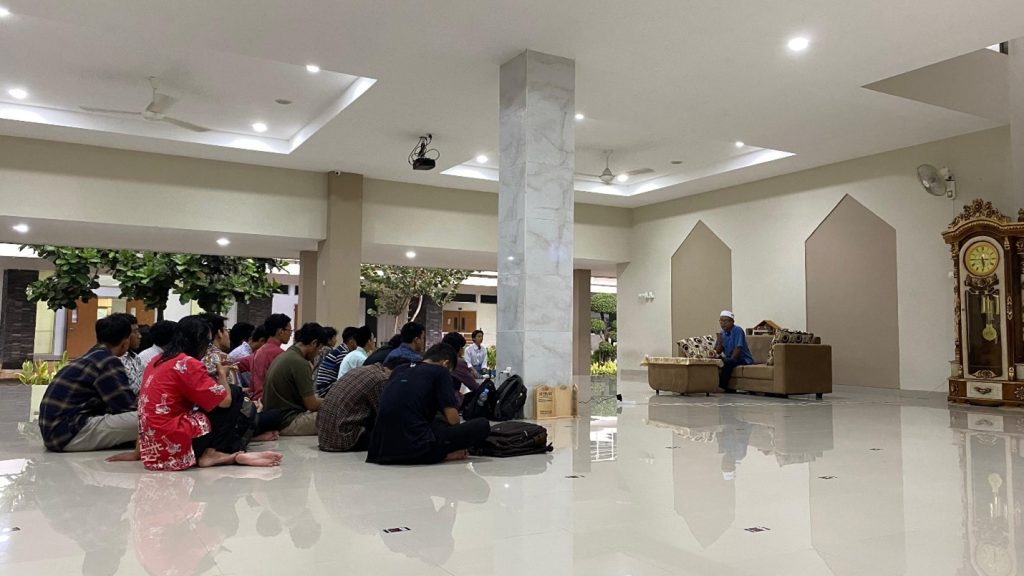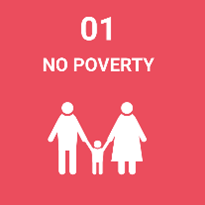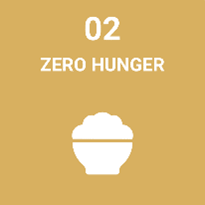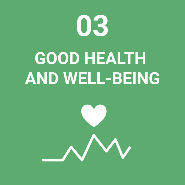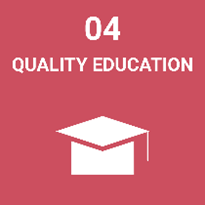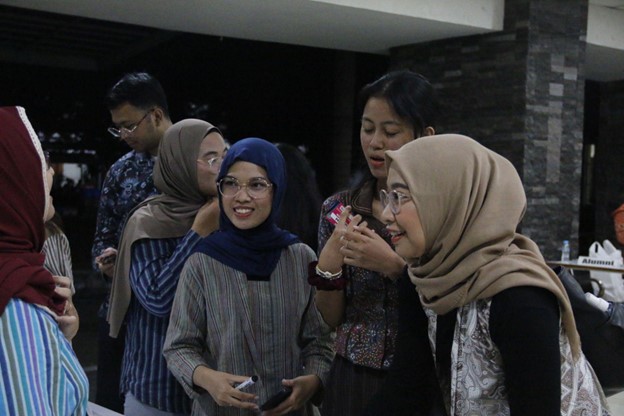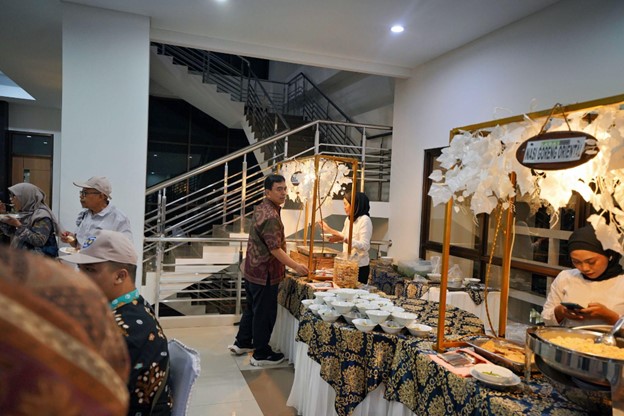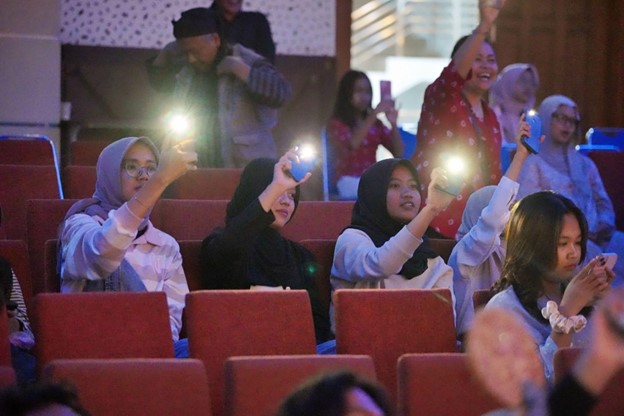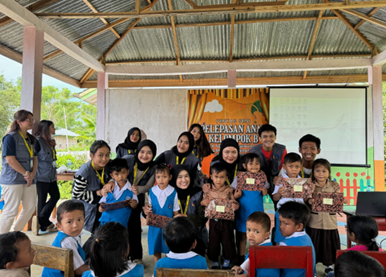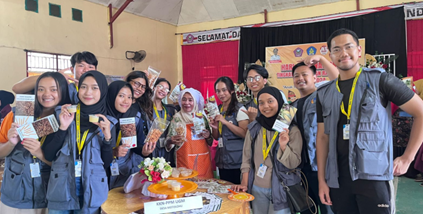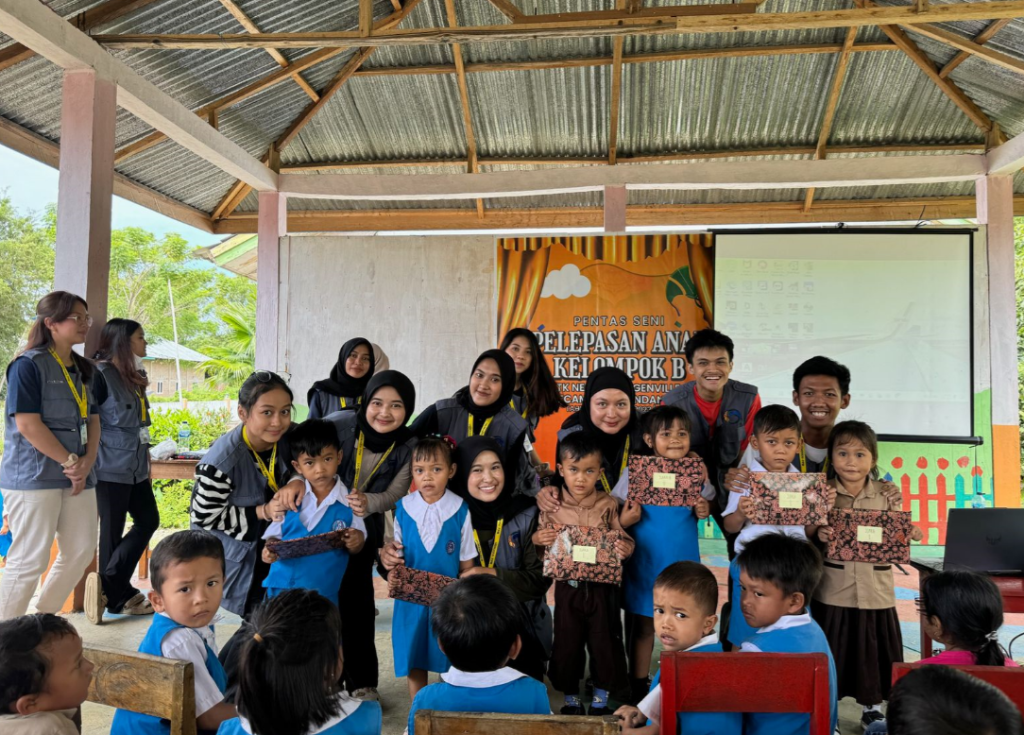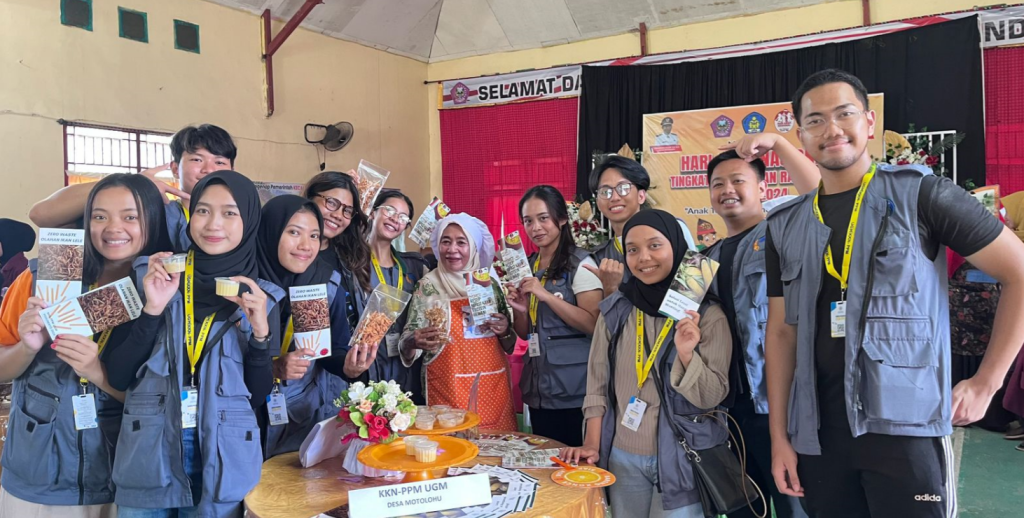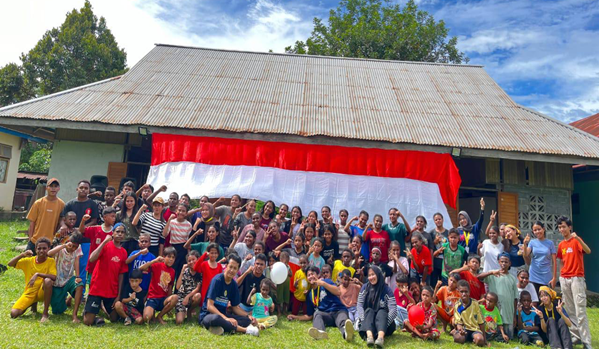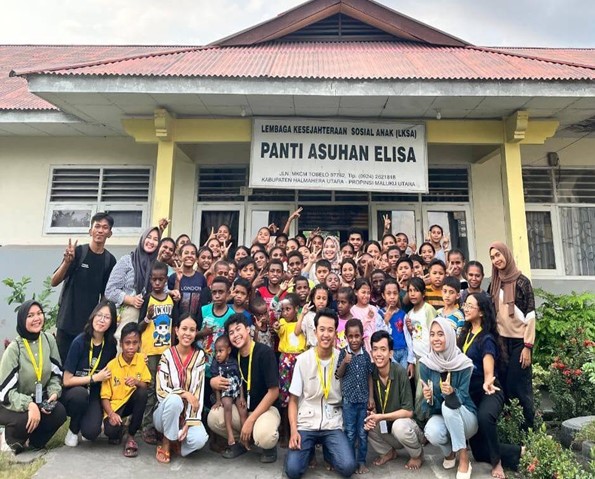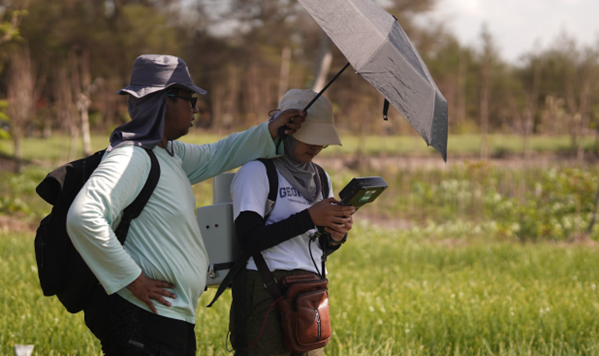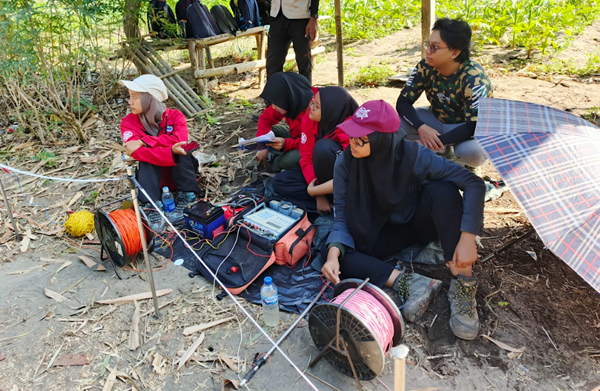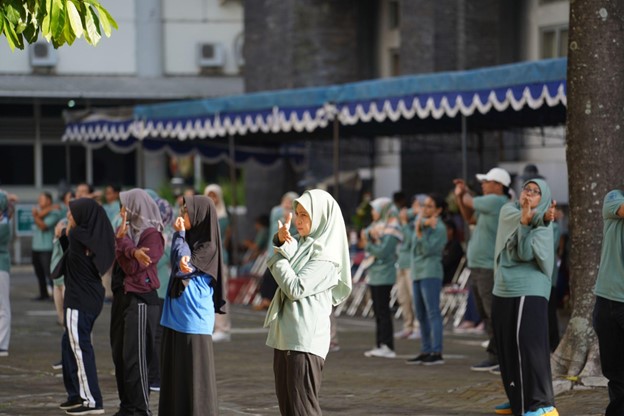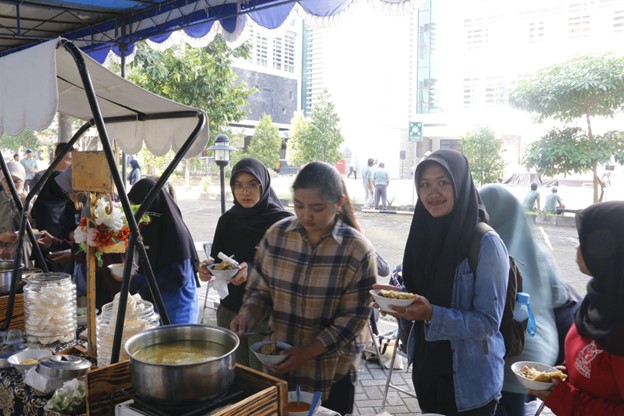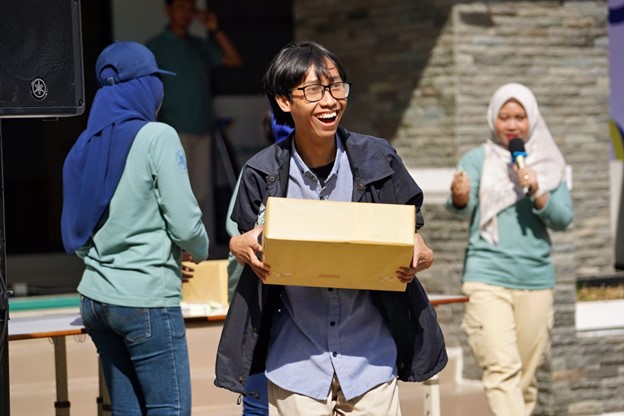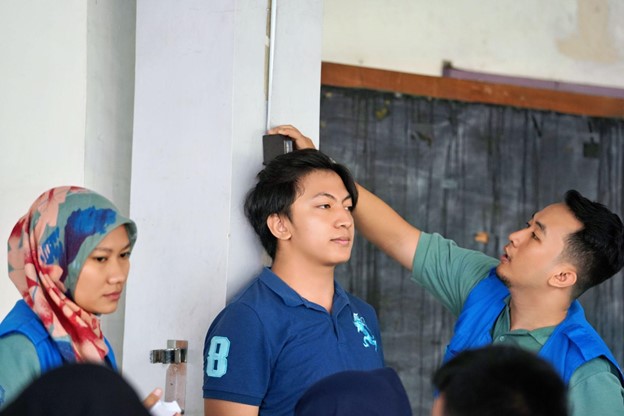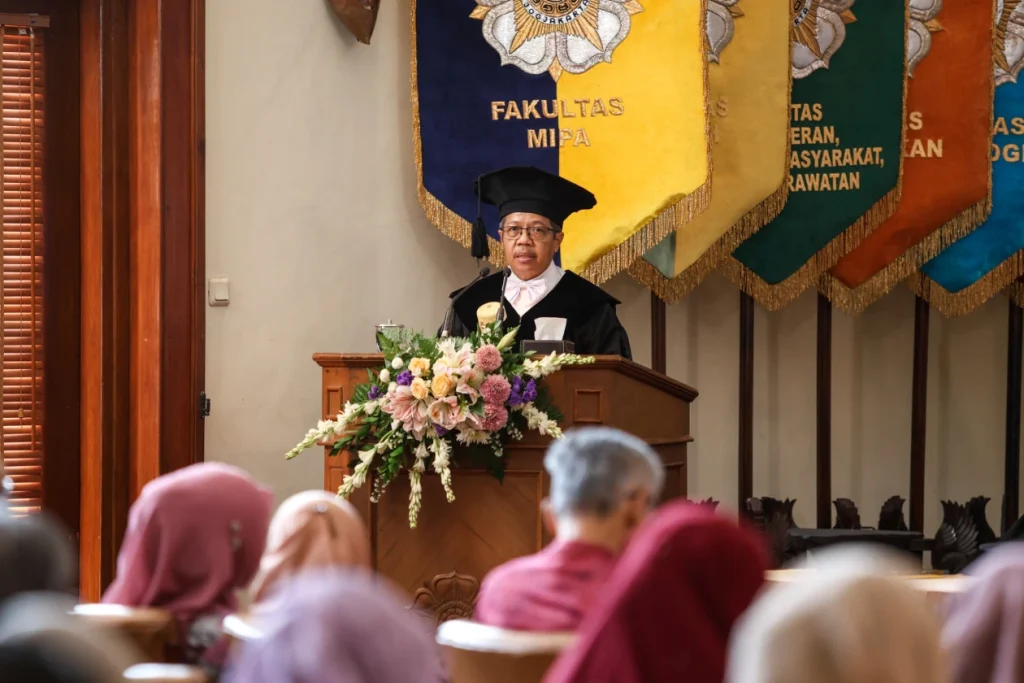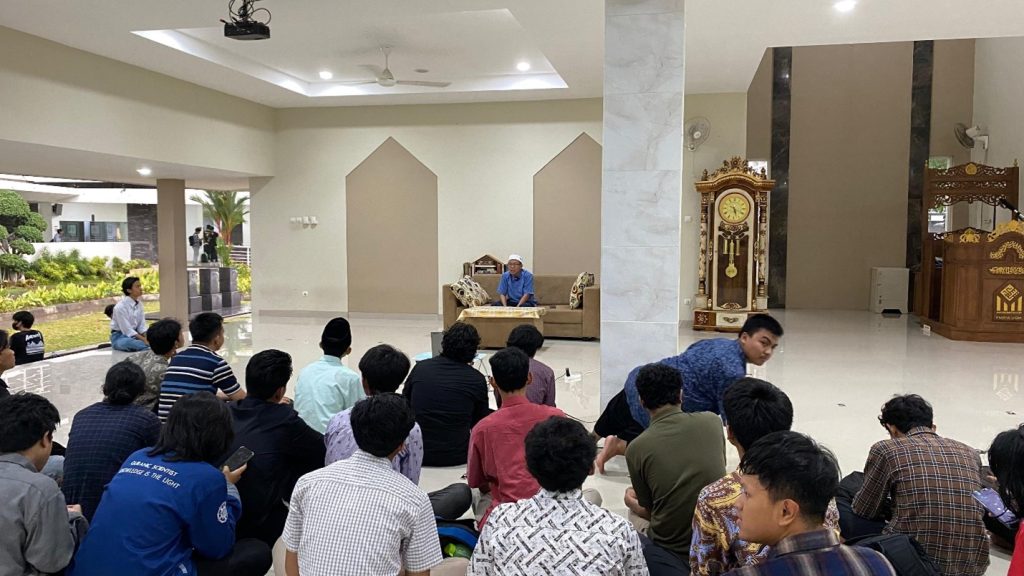
Dukung Kesehatan Mental, Keluarga Muslim FMIPA UGM Gelar Kajian Manajemen Kesehatan Mental
Keluarga Muslim FMIPA UGM (KMFM UGM) yang terdiri atas mahasiswa FMIPA UGM menggelar kajian rutin dengan mengangkat tema yang dekat dengan kehidupan mahasiswa yaitu mengenai kesehatan mental dengan tema Bagaimana Manajemen Mental Helath Bagi Seorang Muslim? pada Senin, 23 September 2024 di Masjid Fakultas FMIPA UGM. Kegiatan ini terbuka bagi seluruh mahasiswa, dosen, dan pegawai FMIPA UGM dengan narasumber Kang Yazid Subakti yang merupakan Pengasuh Pesantren Nurani.
“Kegiatan ini rutin dilakukan antara Senin atau Kamis dalam 1 minggu. Acara disusun oleh Departemen Syiar dan Departemen Pelayanan. Setelah ndengerin kajian, bisa mendapatkan konsumsi berbuka puasa,” papar Akbar selaku mahasiswa FMIPA UGM sekaligus anggota Departemen Syiar KMFM UGM.
Akbar turut menyampaikan mengenai latar belakang mengenai pemilihan tema yang diangkat pada kajian kali ini. Sebelumnya, tema yang diangkat juga mengenai kesehatan mental yaitu Mental Health dari Sudut Pandang Islam yang mendatangkan narasumber seorang mahasiswa Psikologi UGM. Menurut Akbar, materi yang disampaikan lekat dengan permasalahan mahasiswa saat ini yang cenderung terpapar stress. Sebagai mahasiswa, hendaknya tidak diperkenankan bersifat menghakimi terhadap kondisi seseorang karena ketidaktahuan terhadap apa yang sudah terjadi dan kondisi seseorang tersebut.
“Alhamdulillah, pada kajian hari ini ramai. Ada dosen yang turut serta mempublikasi dan ikut menjadi audiens. Harapan setelah ini mungkin untuk peserta bisa lebih aware lagi terhadap mental health baik secara makhluk sosial atau muslim,” papar Akbar.
Kegiatan kajian dengan mengangkat tentang kesehatan mental oleh FMIPA UGM merupakan cerminan dari SDGs nomor 1 dan 2 yaitu Tanpa Kemiskinan dan Tanpa Kelaparan dengan fasilitas buka bersama berupa konsumsi yang mendukung kesejahteraan mahasiswa. Kemudian, kajian tersebut turut mendukung SDGs nomor 3 yaitu Kehidupan Sehat dan Sejahtera melalui materi kesehatan mental untuk menekan angka kematian akibat bunuh diri di kalangan mahasiswa serta nomor 4 yaitu Pendidikan Berkualitas melalui peningkatan keterampilan mahasiswa dalam menghadapi tantangan kesehatan mental.
Penulis: Febriska Noor Fitriana
Dokumentasi: Wahyu Micho
